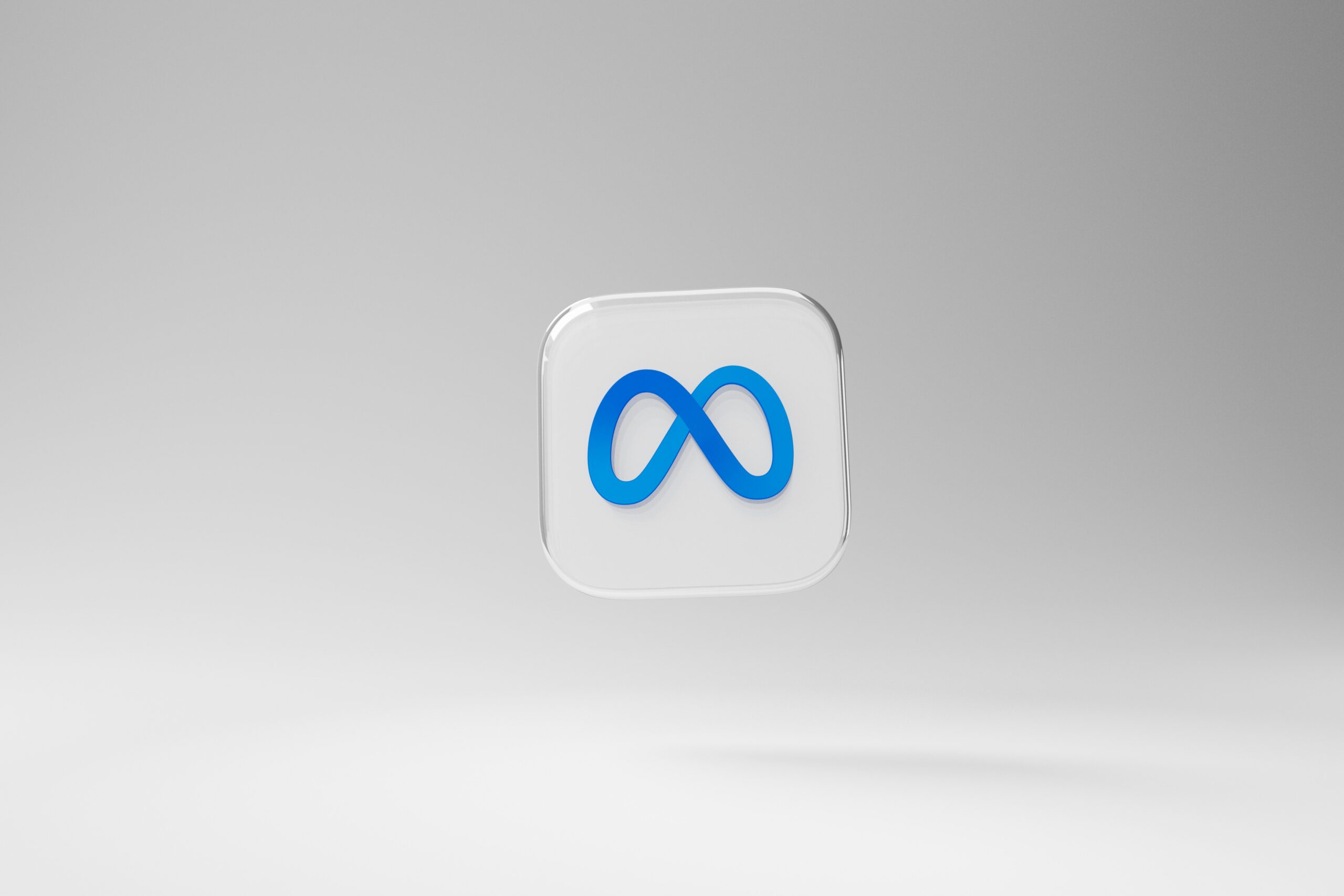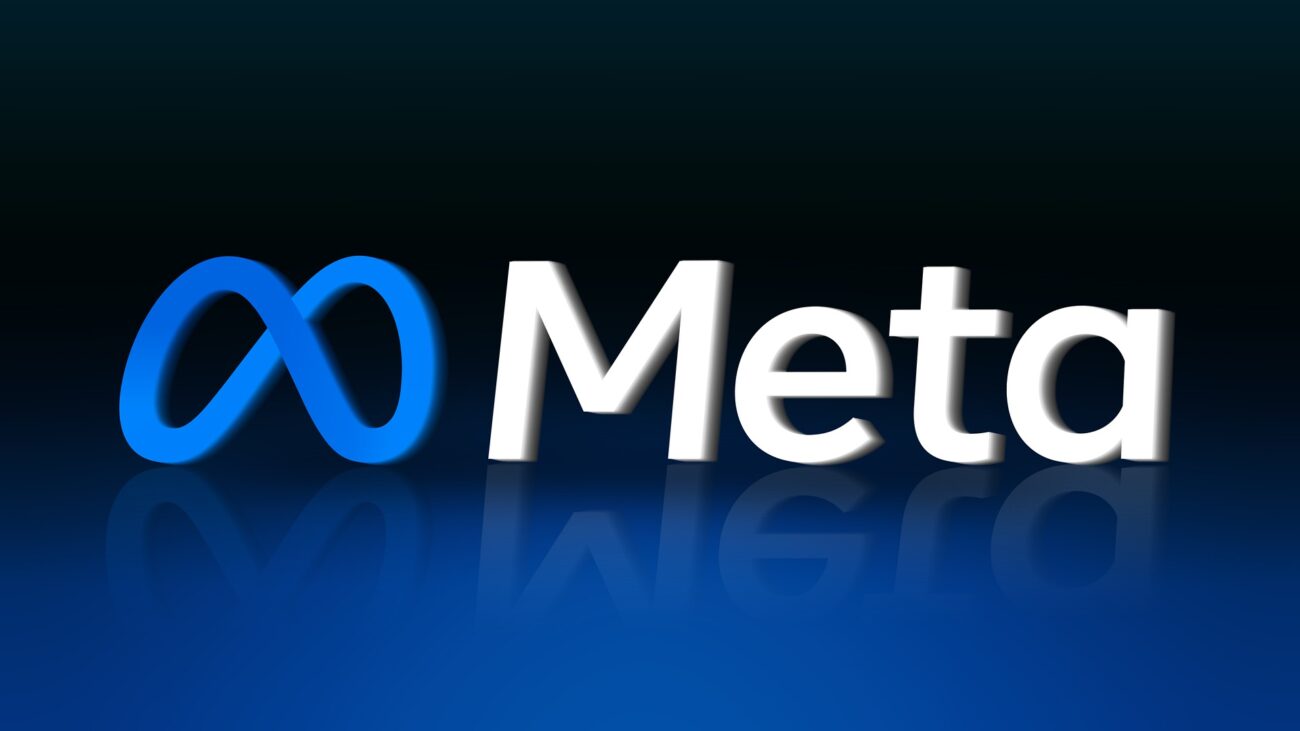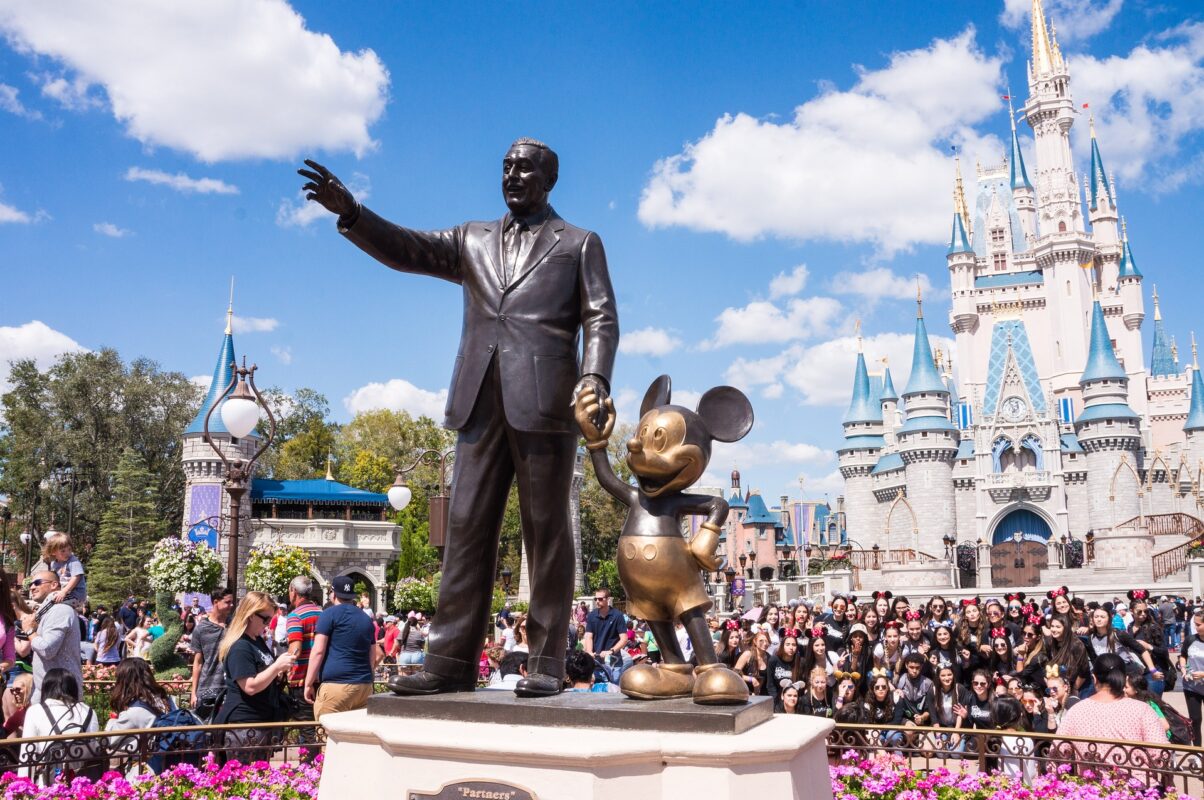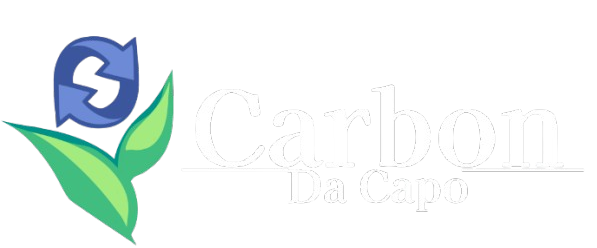
Blog
The Shift in Meta’s DEI Policies: Donald Trump’s Policy

Let’s talk about something that’s making waves in the corporate world—Meta’s recent decision to roll back its Diversity, Equity, and Inclusion (DEI) initiatives. You might be wondering, why is this such a big deal?
What’s the Big Deal About DEI?
First off, DEI initiatives are all about creating workplaces where everyone, no matter their background, feels valued and has equal opportunities. For tech giants like Meta, this has been a crucial step toward addressing diversity gaps in the industry. Imagine a workspace where different perspectives come together to drive innovation—sounds great, right?
Let’s take a closer look at what corporates have done:
・Meta: Committed $1 billion over five years from 2020 to support diverse hiring, employee education, and resource groups.
・Google: Allocated $175 million in 2020 to support Black communities and aims to increase Black and Latinx leadership by 30% by 2025.
・Microsoft: Announced a $150 million investment over five years for DEI programs, including employee training and accessibility-focused technology development.
・Apple: Launched a $100 million Racial Equity and Justice Initiative (REJI) in 2021, focusing on education, economic opportunities, and criminal justice reform.

So, Why the Change?
Now, you might be asking, why would Meta, a company known for its forward-thinking, decide to scale back on these initiatives? The answer lies in the changing legal and policy landscape in the U.S. There has been backlash against DEI from conservative groups, and U.S. media have pointed out that, ahead of Trump’s inauguration as president on the 20th of this month, there is a movement to reassess DEI initiatives due to political considerations. Amazon is also discontinuing part of its efforts to promote diversity.
What Does This Mean for Meta?
- Impact on Workplace Vibes: Think about the people working at Meta who believed in these DEI programs. Scaling back could make them feel sidelined, which might affect the overall mood and even lead some to reconsider their place in the company.
- Reputation Matters: In today’s world, where people care about what companies stand for, this move could affect how Meta is seen by the public. Customers and investors who value diversity might not take this change too well.
- Legal Tightrope: While they’re trying to stay on the right side of the law, Meta’s decision also opens up new challenges. They’ll need to figure out how to align their internal policies with these new legal standards without losing sight of their values.
In fact, numerous reports highlight the importance and value of DEI efforts. McKinsey & Company’s 2020 report highlights that companies in the top quartile for gender diversity on executive teams are 25% more likely to experience above-average profitability compared to those in the bottom quartile. Moreover, PwC found that 78% of employees say diversity and inclusion efforts are important to their decision to work at a company.

What About the Rest of the Industry?
Meta isn’t alone in this. Other companies are watching closely and might follow suit, especially if they’re facing similar legal pressures. For example, Disney faced political backlash, especially over the “Don’t Say Gay” bill, and internal pushback, prompting a reevaluation of its DEI stance. Goldman Sachs, while promoting diversity in leadership, has scaled back some DEI programs due to economic pressures and cost-cutting measures. Both companies are balancing DEI with business priorities. Those movements could lead to a bigger shift in how DEI is approached across different industries. It’s a conversation that’s just getting started.

Finding a New Way Forward
So, what’s next for Meta? They’re in a tough spot, trying to balance legal requirements with their goals for an inclusive workplace. Meta may seek to maintain diversity promotion and an inclusive corporate culture as part of its long-term growth strategy. Particularly, incorporating diverse perspectives is important to remain competitive in global markets. So, whether DEI will be revived after the next Trump term will largely depend on political developments and Meta’s management strategy. It might mean getting creative—like focusing on leadership development, better bias training, or fostering a culture where everyone feels they belong, even without the traditional DEI programs.

Let’s Keep the Conversation Going
Meta’s decision is a wake-up call about how changing laws can impact company policies. But it also opens the door for new ways to think about inclusion. How companies respond now will shape the future of our workplaces. So, let’s keep talking about it and find solutions that work for everyone.
Another significant shift due to Trump’s policies is in environmental strategy, particularly with his decision to withdraw from the Paris Agreement. This shift requires companies to adjust their strategies. However, the global demand for a cleaner world is growing, and even if policies are less focused on combating global warming, companies are still expected to take action. Carbon Da Capo can assist businesses in making environmental efforts more accessible, backed by verified data. Let us know when you’re ready to contribute to climate action.
